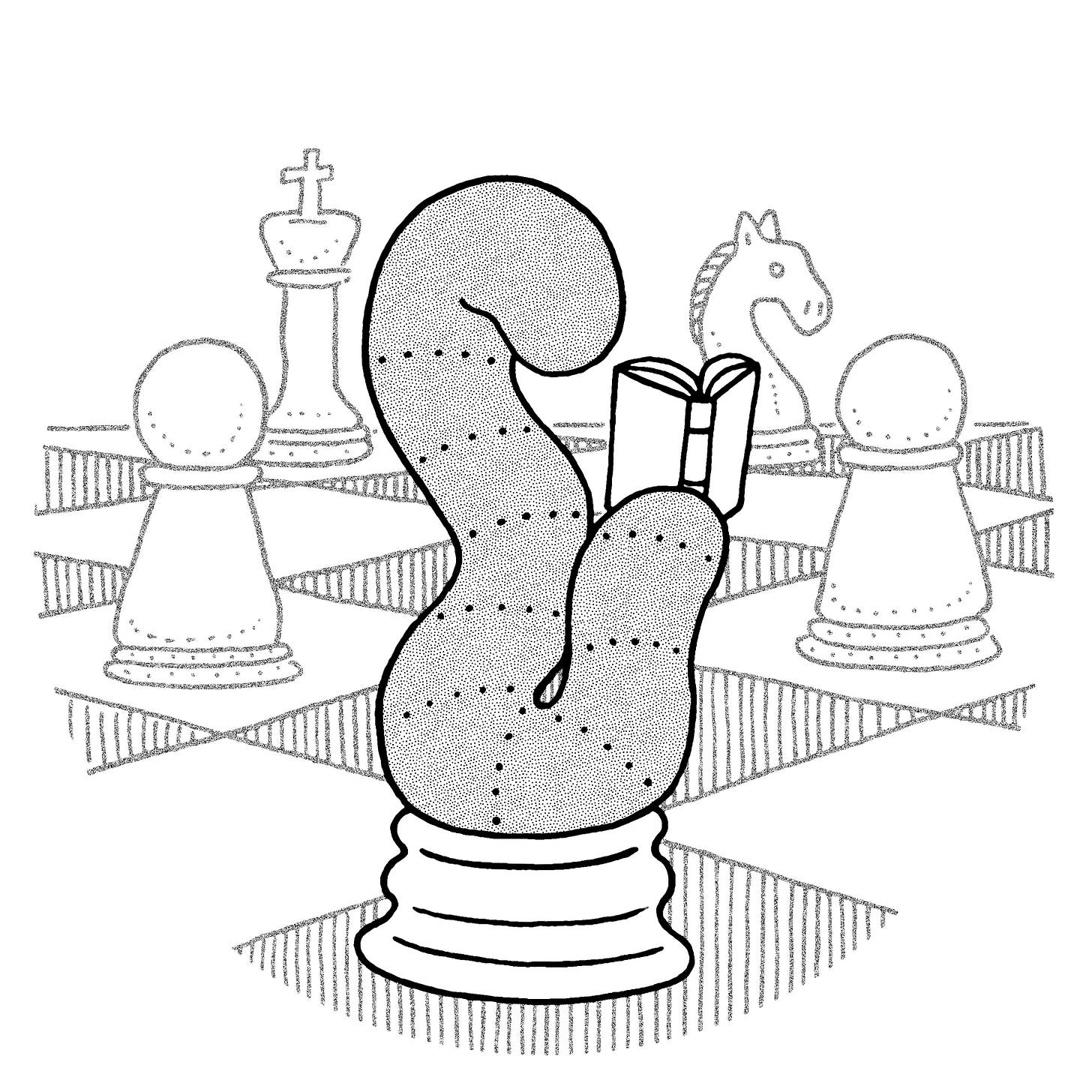Bookworm, no. 68
David Venn on elections. Caroline Noël reviews Angel B.H.’s “All Hookers Go to Heaven.” Emily Mernin on Kevin Lambert’s “May Our Joy Endure.” Inside the November issue.
Ballot Boxing
What Ukrainian Elections Taught Me about Democracy
Jane Cooper
McGill-Queen’s University Press
216 pages, softcover and ebook
In many ways, What Ukrainian Elections Taught Me about Democracy mirrors the course of a political campaign: boring and then thrilling, slow and then fast, distant and then all encompassing. But it’s mostly disheartening…
Keep reading with a 7-day free trial
Subscribe to Bookworm to keep reading this post and get 7 days of free access to the full post archives.





